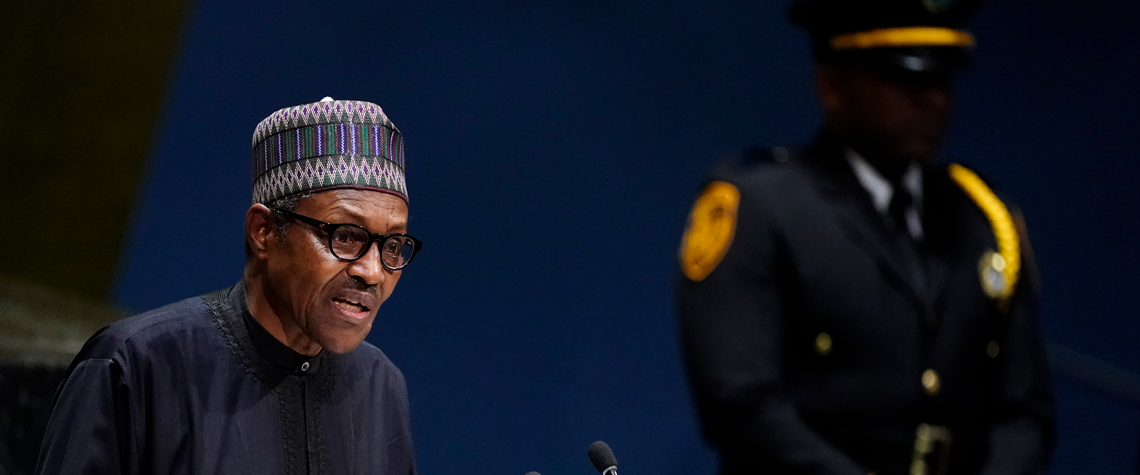The diverging fortunes of Africa’s crude kings
Profound differences in governance style will impact the speed and development of future energy projects across Angola and Nigeria
The 2014 oil price collapse hit Nigeria and Angola hard. Successive years without final investment decisions (FIDs) left sub-Saharan Africa’s top two oil producers confronting maturing fields and declining production. In Nigeria, president Muhammadu Buhari has done little to rekindle investment since assuming office in 2015—operators now face another three years of his slow-moving administration. By contrast, Angola’s head of state, Joao Lourenco, was quick to enlist the support of oil majors after assuming power in September 2017. The countries’ trajectories will continue to diverge in 2020 as Lourenco’s reforms reap rewards and Buhari continues to dither. Regulatory reforms Key to revivin

Also in this section
5 August 2025
After failed attempts to find a buyer for its stake in Russia’s largest oil producer, BP may be able to avoid the harsh treatment meted out to ExxonMobil and Shell when they exited—and could even restart operations if geopolitical conditions improve
1 August 2025
A number of companies have filed arbitration claims against Gazprom over non-deliveries of contracted gas or other matters—and won. The next step is to collect the award, but this is no easy task
1 August 2025
Europe’s refining sector is desperately trying to adapt to a shifting global energy landscape and nowhere is this more apparent than in its largest economy
1 August 2025
The Middle East natural gas playbook is being rewritten. The fuel source offers the region a pathway to a cleaner, sustainable and affordable means of local power, to fasttrack economic development and as a lucrative opportunity to better monetise its energy resources.








